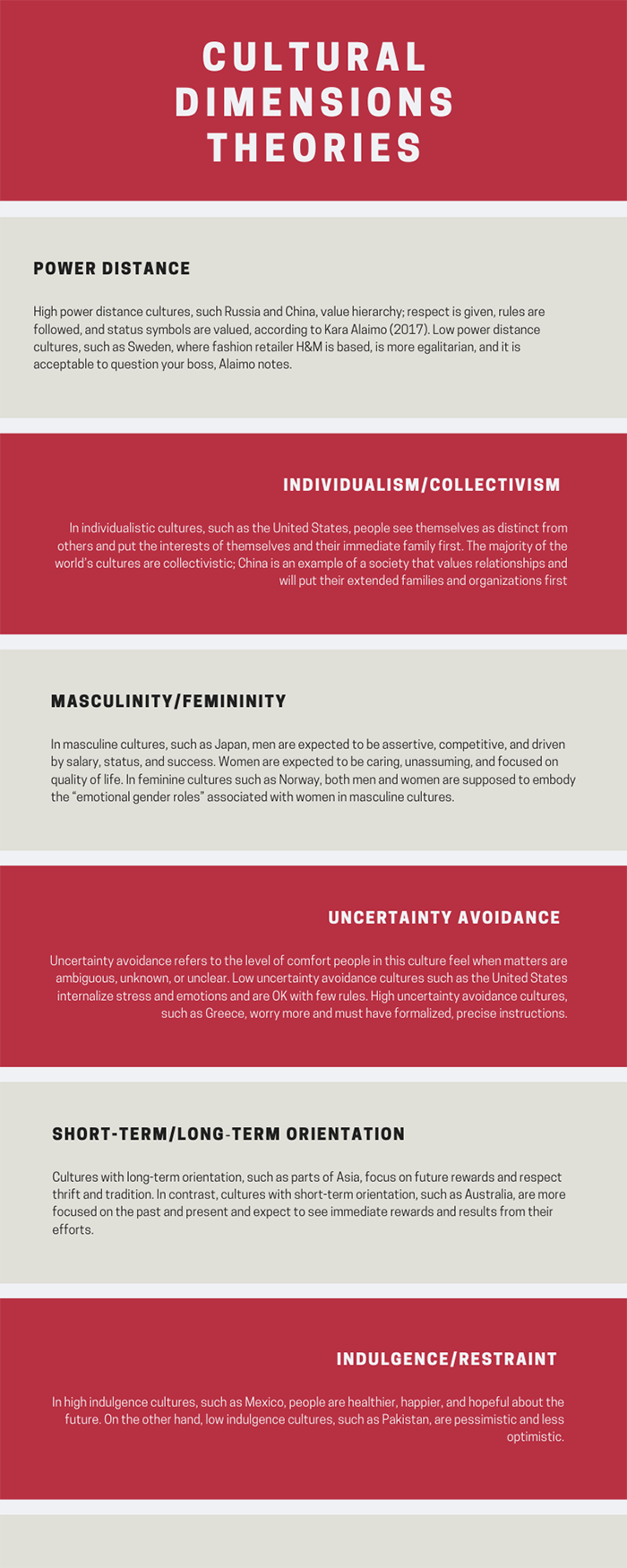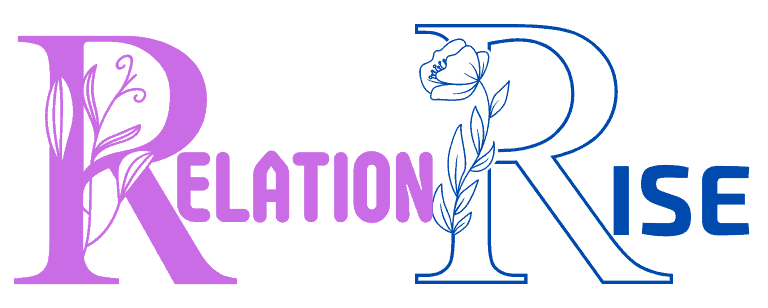Power Distance Relationships Can Be Egalitarian
In power distance relationships, egalitarian dynamics can exist, promoting equality and shared decision-making. This is beneficial for fostering trust and collaboration within the relationship.
Power distance refers to the extent to which individuals in society or organizations accept hierarchical differences. In egalitarian relationships, power is distributed more evenly, allowing for mutual respect and consideration. This approach can lead to healthier communication and a more balanced partnership.
By understanding and acknowledging the impact of power dynamics, individuals can work towards creating a more equitable and mutually fulfilling relationship. This can ultimately contribute to a more positive and harmonious connection between partners.

Understanding Power Distance Relationships
Power distance in relationships refers to the extent to which individuals in the relationship expect and accept unequal distribution of power. This can manifest in various ways, such as decision-making, communication, and influence. Understanding power distance in relationships is crucial for fostering healthy and egalitarian dynamics.
Definition Of Power Distance In Relationships
Power distance in relationships is the degree to which individuals in a relationship accept and expect unequal distribution of power. It can impact decision-making, communication, and overall dynamics within the relationship.
Impact Of Power Dynamics On Relationships
Power dynamics significantly influence the overall health and sustainability of a relationship. When power is disproportionately held by one individual, it can lead to feelings of resentment, frustration, and disempowerment in the other. This imbalance can create friction and hinder open communication and mutual respect in the relationship. On the other hand, when power is shared equally, it fosters trust, respect, and a sense of partnership.
Importance Of Equality In Relationships
Equality in relationships is essential for creating a supportive and nurturing environment. Each individual should have an equal voice in decision-making, a sense of autonomy, and the opportunity to express their needs and desires. When equality is prioritized, it fosters mutual respect, empathy, and a stronger emotional connection between partners.
Characteristics Of Egalitarian Power Dynamics
Egalitarian power dynamics in relationships are characterized by certain key attributes that foster equality, mutual respect, and cooperation. These dynamics create an environment where both individuals have an equal say, are valued, and can thrive. Understanding the characteristics of egalitarian power dynamics can help individuals establish and nurture healthy and balanced relationships.
Mutual Respect And Trust
Mutual respect and trust form the foundation of egalitarian power dynamics. In these relationships, both partners have a strong regard for each other’s feelings, opinions, and boundaries. This level of respect cultivates a sense of trust, creating a safe space for open and honest communication.
Shared Decision-making
Egalitarian power dynamics promote shared decision-making, where both partners are actively involved in determining the direction of the relationship and resolving conflicts. Decisions are made collaboratively, considering the perspectives and preferences of both individuals. This approach encourages a sense of ownership and accountability, strengthening the partnership.
Open Communication And Transparency
Open communication and transparency are fundamental in maintaining egalitarian power dynamics. Partners in such relationships prioritize clear and honest communication, allowing them to express their thoughts, emotions, and concerns freely. Transparency builds a solid foundation of trust and understanding, fostering a deep connection and a sense of security within the relationship.
Overcoming Power Imbalance In Relationships
Identifying Power Differentials
- Recognize patterns of control or dominance within the relationship
- Identify instances where one partner may exert greater influence or decision-making power
- Observe communication dynamics for signs of unequal power distribution
Strategies For Equalizing Power Dynamics
- Encourage open and honest communication about power imbalances
- Seek mutual consent and consensus in decision-making processes
- Establish boundaries and promote respect for each other’s autonomy
- Emphasize mutual support and collaboration in resolving conflicts
Cultivating A Sense Of Partnership
Building a partnership based on trust and mutual respect and considering each other’s needs, desires, and perspectives can foster an egalitarian relationship. Refrain from using fear, coercion, or manipulation as tools of influence.
Nurturing Egalitarian Power Dynamics
Power distance relationships can be nurtured to uphold egalitarian power dynamics that foster mutual respect, collaboration, and equality. Nurturing egalitarian power dynamics is essential for fostering healthy relationships where individuals feel valued, empowered, and respected.
Building Empathy And Understanding
Empathy and understanding form the foundation of egalitarian power dynamics. Encouraging active listening and genuine empathy enables individuals to acknowledge and appreciate each other’s perspectives, experiences, and emotions. This creates a supportive environment where power is not wielded based on hierarchy, but rather on genuine understanding and empathy.
Encouraging Mutual Support And Validation
Creating a culture of mutual support and validation is crucial in nurturing egalitarian power dynamics. Everyone’s contributions and emotions are acknowledged and validated, fostering an atmosphere of inclusivity and respect. This encourages individuals to support and uplift each other, leading to a more balanced distribution of power within the relationship.
Embracing Diversity And Individual Autonomy
Embracing diversity and individual autonomy is fundamental in cultivating egalitarian power dynamics. Valuing and celebrating the unique qualities and perspectives of each individual fosters an environment where everyone feels empowered to express themselves authentically. Respecting individual autonomy ensures that power is not concentrated in the hands of a select few, but rather distributed among all individuals within the relationship.
Benefits Of Egalitarian Power Distance Relationships
Egalitarian power distance relationships bring equity and fairness in decision-making, promoting a collaborative and inclusive environment. This fosters mutual respect and trust, leading to improved communication and higher levels of employee satisfaction and performance.
Benefits of Egalitarian Power Distance Relationships When it comes to relationships, an egalitarian power distance fosters a sense of equality and mutual respect between partners. This type of dynamic enhances emotional intimacy, strengthens the sense of equality and respect, and creates sustainable and fulfilling partnerships.Enhanced Emotional Intimacy
In egalitarian power distance relationships, partners experience an enhanced level of emotional intimacy. Mutual trust, open communication, and shared decision-making contribute to a deep emotional connection. This closeness allows for the expression of vulnerable thoughts and feelings, fostering a strong bond between partners.Strengthened Sense Of Equality And Respect
One of the key benefits of egalitarian power distance relationships is the strengthened sense of equality and respect. Both partners have equal say in decision-making processes, and their opinions are valued. This equality leads to a balanced power dynamic where each individual feels heard and appreciated. As a result, conflicts are handled with mutual respect and understanding, further strengthening the bond between partners.Sustainable And Fulfilling Partnerships
Egalitarian power distance relationships promote sustainable and fulfilling partnerships. By prioritizing equality and respect, these relationships are built on a strong foundation of mutual support, understanding, and collaboration. Partners are able to navigate challenges and celebrate successes together, creating a sustainable and fulfilling bond that nurtures the growth of the relationship over time. In conclusion, embracing an egalitarian power distance in relationships brings forth a multitude of benefits, ranging from enhanced emotional intimacy to the reinforcement of equality and respect, ultimately leading to sustainable and fulfilling partnerships.Can Power Dynamics Affect Long Distance Relationships?
In a man pulling away long distance relationship, power dynamics can play a significant role. When one partner feels distant or disengaged, it can lead to imbalance in the relationship, causing frustration and lack of trust. Open communication and understanding each other’s needs are crucial in overcoming power struggles in long distance relationships.
Frequently Asked Questions On Power Distance Relationships Can Be Egalitarian
How Can Power Distance Affect Relationships?
Power distance can impact communication, decision-making, and authority dynamics within a relationship.
What Are The Characteristics Of Egalitarian Relationships?
Egalitarian relationships prioritize equality, mutual respect, shared decision-making, and collaborative problem-solving approaches.
Can Power Dynamics Evolve Towards Egalitarianism?
Through open communication, empathy, and mutual understanding, power dynamics can transition towards more egalitarian and balanced interactions.
Why Is It Important To Address Power Imbalances In Relationships?
Addressing power imbalances fosters healthy dynamics, encourages equal participation, and promotes mutual empowerment within relationships.
How Can Individuals Promote Egalitarianism In Their Relationships?
Promoting egalitarianism involves active listening, sharing responsibilities, valuing diverse perspectives, and fostering a culture of mutual respect.
What Are Some Practical Strategies For Achieving Egalitarian Relationships?
Practical strategies include clear communication, boundary setting, conflict resolution, and acknowledging individual strengths and contributions.
Conclusion
In a power distance relationship, it’s possible to foster equality and mutual respect, leading to a more fulfilling partnership. By understanding each other’s needs and communicating openly, couples can navigate power imbalances and create a more balanced dynamic. Embracing empathy and compromise is essential for building a harmonious and egalitarian relationship.






